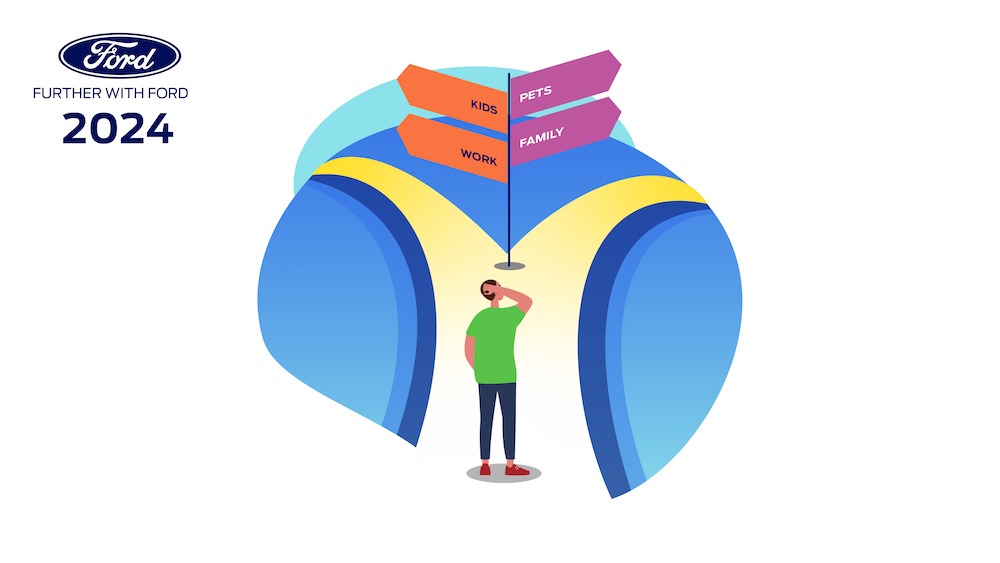Navigating a Changing World: Key Takeaways from Ford’s 2024 Trend Report

Ford’s 2024 Trend Report provides valuable insights into the evolving landscape of human behaviour and the emerging trends that will shape our future. The report highlights the growing importance of self-care, the impact of technology on our lives, and the changing dynamics of work and family structures.
Key Trends Reshaping Our World
Artificial Intelligence (AI): Embracing and Adapting
AI is rapidly transforming our world, and individuals are grappling with its potential impact on their lives and livelihoods. Despite concerns about job displacement, a majority (68%) believe AI will create massive job losses for others, reflecting a “won’t affect me” mindset. However, 60% also recognize AI’s transformative potential, envisioning it as an essential part of daily life by 2035.
Sustainability: Preaching vs. Practicing
Climate change remains a pressing concern, but the report reveals a disconnect between intentions and actions. While 75% agree on the need to actively combat climate change, only a fraction are personally adopting sustainable practices. This highlights the challenge of translating awareness into tangible action.
Wellbeing and Self-Care: Prioritizing Inner Peace
Amidst a world of uncertainty, individuals are prioritizing their mental and emotional well-being. A significant majority (44%) are placing themselves first, while nearly half (48%) are removing toxic relationships from their lives. This shift reflects a growing recognition of self-care as essential for overall well-being.
Work and Careers: Balancing Ambition and Wellness
The traditional emphasis on high work achievement is giving way to a desire for a more balanced lifestyle. Over half (52%) of employed individuals worldwide would take a 20% pay cut to prioritize quality of life. This sentiment is particularly strong among Gen Z and Millennials, who are open to AI-based career guidance.
Parenting in the Modern Age: Defining Family
The traditional concept of family is evolving, with individuals increasingly defining family in personalized ways. A majority no longer equate family with marriage or children, and many envision a future with pets rather than offspring. This shift reflects a broader societal trend towards individualism and self-definition.